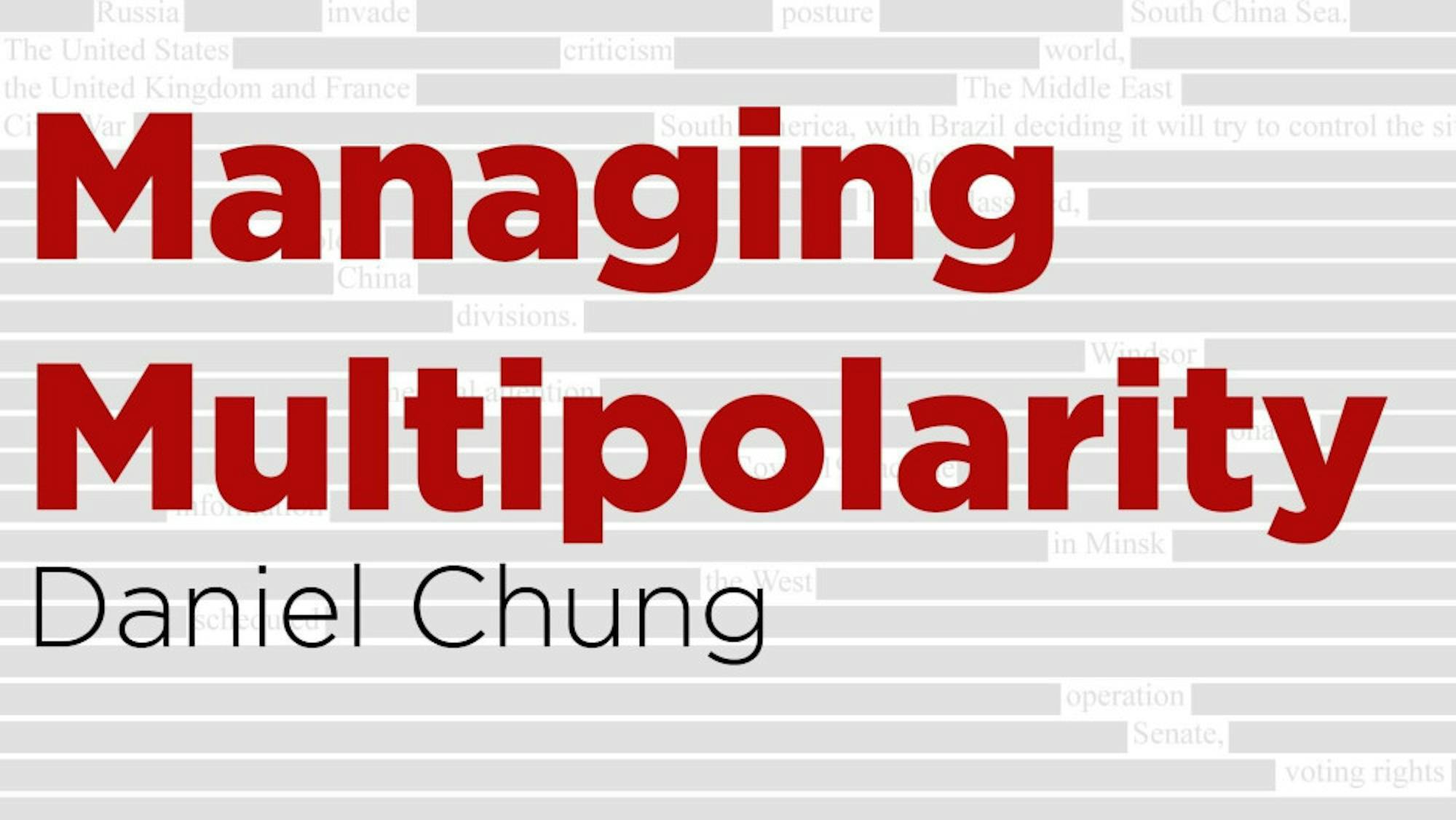The French are known to possess a bit of a superiority complex; they think their food is better, their wines are better, their cheeses are better, and they think their way of doing politics is better too. This isn’t entirely without a cause; historically, France’s sphere of influence has been formidable, extending at various times from encompassing most of Western Europe to possessing colonies in the Americas, India, France and Southeast Asia. In an age of monumental political changes with the absence of waning American influence, it almost makes instinctive sense that France would continue to be among the nations that rise above the rest.
To begin, let’s talk about France’s strategic position. As things stand, the French enjoy a comfortable role in the global and regional order at the head of the EU. They have been a driving influence in EU security policies since the 1950s, with other regional countries following in France’s lead on many issues, including ‘strategic autonomy.’ And remember, prior to the peace afforded by Pax Americana and the U.S. occupation of Europe, those nations would have been strategic rivals to France, including Germany, which of course devastated the former during both World Wars and — in the aftermath with a defanged military — entered a complex relationship with France to serve the nations’ interests.
Outside of Europe, France has retained powerful projection capabilities. To call France a current imperialist power would be an exaggeration, since its foriegn influence has degraded significantly. There is no way it will reclaim former holdings in the Americas or Southeast Asia. However, France’s impressive possession of an aircraft carrier still allows for significant capability to project their influence on the world stage. These capabilities have allowed France to maintain a foothold, both militarily and politically, in its former colonial possessions in Africa.
That analysis almost makes it sound like exerting a more formal sphere of influence for France would be unnecessary. However, while France’s interventions abroad are relatively minimal compared to other nations like Russia, China or Japan, economic and security concerns remain.
On the economic front, despite nuclear power enabling more energy independence for the last few decades, France has significant dependencies on foreign imports of oil and gas. Especially given the recent declarations of intent to sever Europe from Russian energy flows, the need to find other sources of oil and gas for individual consumption as well as industrial production will worsen.
The ‘simple’ solution is therefore clear: France must make formal efforts to amend tense relations with the Northern African nations like Algeria and ensure access to their oil deposits. It seems as if Macron recognises this; despite remaining anti-French sentiment arising from aforementioned military policies, there has been renewed interest in resolving the Algerian question favorably to both sides.
On the security front, the problems are, for the moment, less severe. Situated all the way in the far west of Europe, France has little to fear from traditionally imperialist powers like Russia or Turkey, despite Russia’s recent engagement in a war of choice in Ukraine to secure its eastern borderlands. And France effectively will enjoy dominance of the Western Mediterranean; Spain and Italy may have been great powers in the past, but neither enjoy the capabilities to further project themselves beyond their borders. Subsuming those two nations within France’s sphere of influence in a slightly more formalized manner would allow for more strategic depth — that is, the presence of borderlands providing room for tolerable operational failures of military action — in dealing with North Africa.
The only real challenge that France faces is the potential of Germany returning to its 20th century habits, which could be a more legitimate fear after its recent rearmament pledge. Luckily for the French, if German assertiveness is returning, it is also clear that it would probably be directed towards Russia, the more immediate threat to German interests, leaving France free to operate in its near abroad with less concern.
All of this sounds very doom and gloom; imperialism, of course, has been rightly associated with a barbaric period of history when territorial oppression ran rampant. However, this article does not presume to ascribe value judgements to foreign policy but rather to describe what may be likely to take place.
Additionally, I am fairly hopeful that a new ‘French Empire’ would not engage with mass atrocity to a level seen in the past; France has undergone national transformations in the past, such as the French Revolution, to push away from radicalism toward liberal values. Let us see what they do with these semi-liberal values and renewed opportunities for foreign power projection.






